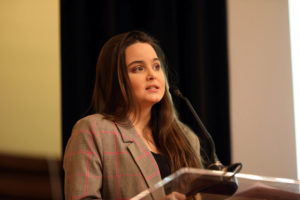Mountains have been climbed this Organ Donation Week. Literally, in some cases, to raise attention to the transplant gifts that have transformed lives and the need to make it possible for many more.
Slieve Donard is the highest peak in the Mourne Mountains and, at a height of 850 metres (2,789 ft), the highest mountain in Northern Ireland. Transplant Sport Northern Ireland was represented alongside many other members and supporters from various NI transplant charities who enjoyed last year’s walk up the mountain so much they did it again. “Turn the Peak pink” may become an annual event here (depending on weather!).
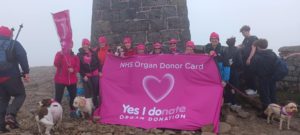
Others gathered in the concourse of Belfast’s Grand Central Station for a virtual cycle to Dublin. The event brought partners together from the Public Health Agency and Translink, NI’s public transport provider, sharing stories of donation and transplantation with the many commuters passing through the station.
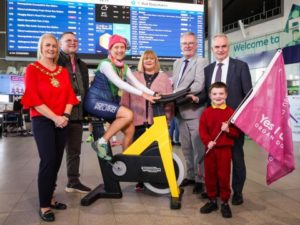 Belfast City Mayor (L), Health Minister (2nd fr rht), and Dáithí Mac Gabhann (front), still on the waiting list for a heart transplant
Belfast City Mayor (L), Health Minister (2nd fr rht), and Dáithí Mac Gabhann (front), still on the waiting list for a heart transplant
Across the UK, the call was to “Turn the skies pink”, remembering over 400 people who died last year waiting for an organ transplant that didn’t come, and raising awareness of the importance of talking about organ donation and saving lives.
Over 130 buildings and landmarks were lit up in pink for Organ Donation Week, including hospitals, council buildings, cathedrals, theatres, bridges, towers, shopping malls, sculptures, gardens, town halls, cinemas, even the BT tower in London and a windmill in Lytham.

If you’ve been part of any of that, thank you. If you’ve given attention to any of the many related posts on social media this week, thank you. If you’ve followed any of our posts on Live Loudly Donate Proudly, thank you – especially if you paused to read before you clicked, and skipped them along a bit further by sharing them.
And, if you’ve spoken with your family about your decisions, or helped those conversations happen somewhere else, thank you. We can’t all turn buildings pink, cycle a marathon, or climb a mountain, but we can sit down with family and friends and include organ donation in a conversation. And saving a life may start just there.
There’s always gonna be another mountain, as the song goes…
There are currently over 8,000 people waiting for a life-saving organ transplant in the UK. More than 3,800 people are temporarily suspended from the list because they are either currently unfit for transplant or temporarily unavailable. That’s almost 12,000 people living with the daily uncertainty of whether or not their lives may be saved.
Some are on dialysis, some even daily, for whom a kidney transplant would mean new life. That gift could come from a living donor. Living donors now account for over 40% of all organ donations with a 6% increase in people donating a kidney or part of their liver.
There are more mountains to climb. In June this year, the NHS launched a call for one million people to become active blood donors. More than 5,000 donations are needed every day. It is the easiest and fastest lifesaving donation. Some go further, donating plasma, or sign up to be stem cell donors. Simple and miraculous ways to make a world of difference for someone else and their families.
Always gonna be another…
Those mountains are being climbed by commitment – fueled by gratitude for the kindness of others. Gratitude for lives saved, lives transformed, for the donors, their families and all those who care and make it happen.
If you are a donor already, or willing to be one should circumstances conspire so, then be very proud. Be loud about it. Don’t hide it away. Tell someone, anyone, but always tell your family and help them support your decision should that day ever come.
Thank you for all your kindness.
PS: Harry, whose story was told by his Mum, Clare, on Tuesday’s blog this week, went along to the BBC Shropshire Make a Difference Awards on Friday and was given the Young Hero Award for his passion for promoting organ donation. Congratulations Harry! There’s a mountain climber…

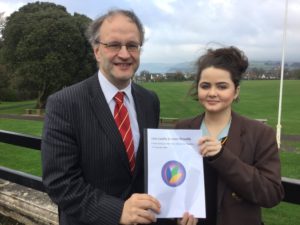
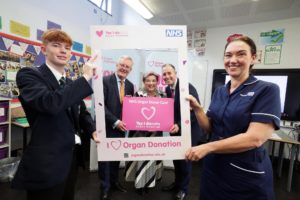
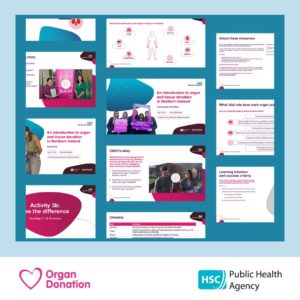
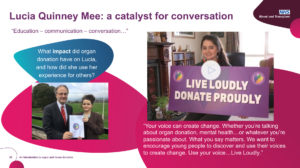
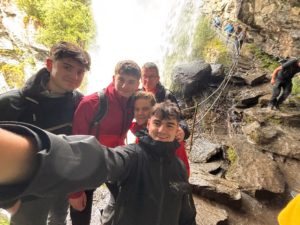 First family holiday ( a year after transplants – hiking in Norway)
First family holiday ( a year after transplants – hiking in Norway)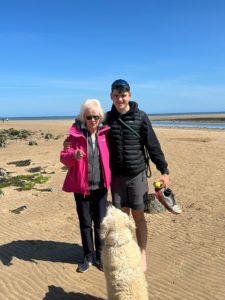 Me and my Nan walking on my 22nd (Just shy of a year from the transplants) (see dog mentioned!)
Me and my Nan walking on my 22nd (Just shy of a year from the transplants) (see dog mentioned!)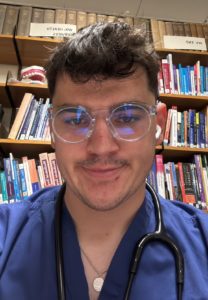 Me in the Library on placement ( I spend a lot of time here!) See necklace.
Me in the Library on placement ( I spend a lot of time here!) See necklace.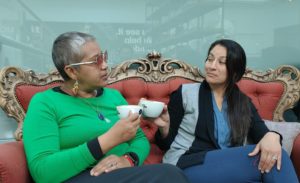
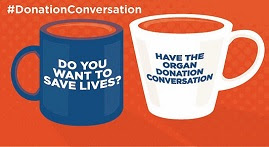
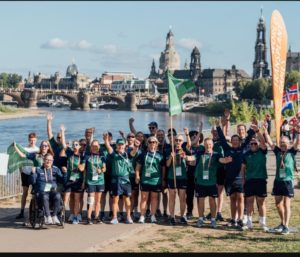
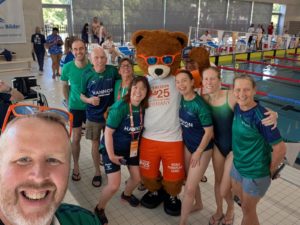
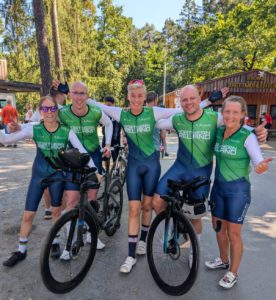
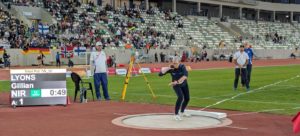
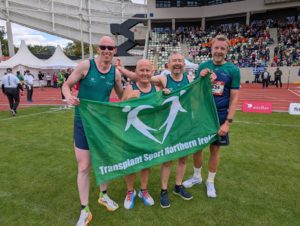
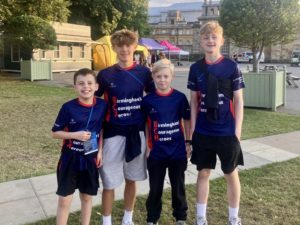 Harry (2nd from rht) with his BCH teammates
Harry (2nd from rht) with his BCH teammates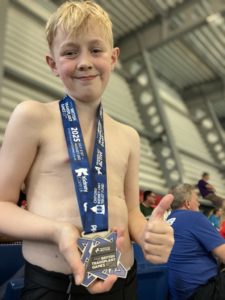
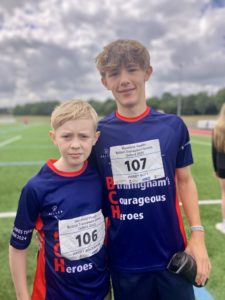 Harry (106), with BCH teammate (also Harry!)
Harry (106), with BCH teammate (also Harry!)